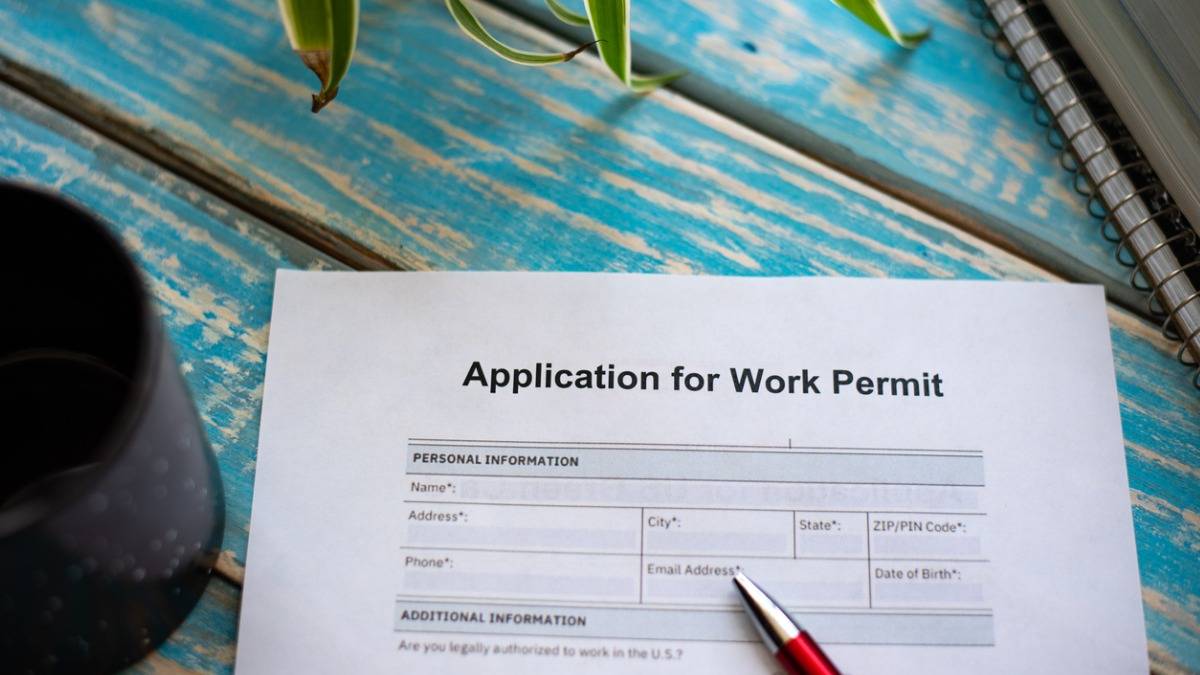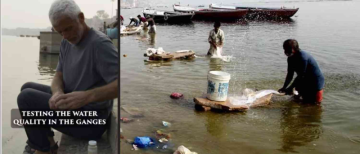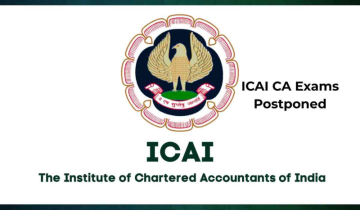Canada's Post-Graduate Work Permit (PGWP) offers graduating students from designated institutions the opportunity to temporarily stay and work in the country. Recently, Canada has considered narrowing the eligibility to graduates in fields experiencing labour shortages. To enhance their chances of securing the permit, experts recommend that students opt for specialized courses over general ones.
Key questions arise: What modifications are anticipated for the program? How will the government implement these changes? And importantly, how might Indian students be affected?

What is PGWP?
The Post-Graduation Work Permit (PGWP) is a program designed to allow international students graduating from designated learning institutions (DLIs) in Canada to gain valuable work experience. Here’s a concise breakdown of what you need to know:
Eligibility Criteria
-
Qualifying Institutions: Graduates from eligible master’s programs lasting less than two years can apply for a PGWP.
-
Permit Duration: Successful applicants can receive a permit valid for up to three years, depending on the duration of their study program or the expiry of their passport, whichever comes first.
-
Enrollment Requirements: Applicants must have been enrolled as full-time students at a DLI and must have completed a program of at least eight months duration.
-
Age Requirement: Applicants must be at least 18 years old.
-
Online Studies Consideration: Studies conducted online from outside Canada during specified periods are considered towards the PGWP.
-
Exclusions: Time spent studying outside Canada after December 31, 2023, and time spent studying before applying for the permit do not count towards the PGWP.
Spousal Work Permit
Spouses or common-law partners of PGWP holders are eligible to apply for a work permit. The validity of this permit aligns with the duration of the principal applicant’s work authorization.
Passport Expiry Considerations
If a passport expires before the PGWP, the following considerations apply:
-
The PGWP issued will be valid only until the passport's expiry date.
-
Guidance will be provided regarding the necessity of extending the passport.

What is the Canada government doing?
Recently, Canada's federal government has proposed significant changes to its Post-Graduation Work Permit (PGWP) program, aiming to better align it with the country's evolving labour market needs and immigration goals.
Aligning with Labour Market Needs
-
Focus on Labour Market Relevance: The government intends to adjust PGWP eligibility criteria to ensure it caters specifically to sectors experiencing shortages in the labour market.
-
Reducing Overall Numbers: There is a planned reduction in the overall number of PGWP holders, emphasizing quality over quantity in immigration intake.
Impact and Statistics
-
Rising Popularity and Concerns: The popularity of the PGWP has surged, with a notable 214% increase from 2018 to 2023. This growth has raised concerns about its impact on immigration levels and labour market dynamics.
-
Demographic Insights: Statistics reveal that a significant portion of PGWP holders are from India, comprising 40% of the total, with China and the Philippines making up 10% and 5%, respectively.
Future Steps and Timeline
-
Policy Implementation Timeline: The Minister plans to provide recommendations by spring 2024, with anticipated changes set for implementation by January 2025. These changes aim to ensure that the PGWP program effectively supports Canada's economic and immigration objectives.

Will Indian students be impacted?
Canadian immigration policies regarding the Post-Graduation Work Permit (PGWP) are under scrutiny for potential revisions. These changes could significantly affect international students, particularly those from India.
Potential Impact of Policy Changes
-
Immediate Impact on PGWP: If implemented, these changes could directly impact the Post-Graduation Work Permit (PGWP) eligibility for Indian students.
-
Recommendations for Course Selection: Experts suggest focusing on skill-based and specialized programs over general courses to enhance the likelihood of obtaining PGWP and securing a visa.
Recommended Specializations
-
Key Specializations: Fields like accountancy, culinary arts, sciences, banking, nursing, engineering, IT, biosciences, marketing and management, human resources, artificial intelligence, business intelligence, cloud architecture, security analysis, and pharmacy are highly recommended.
-
Alignment with Job Demand: It is crucial for students to align their course selections with current job market demands.
Strategic Considerations for Students
-
Staying Informed: Continuous updates on thriving industries and immigration policies are essential to maximize opportunities for PGWP and eventual Permanent Residency (PR) in Canada.
-
Potential Long-term Impact: Critics warn that sudden policy changes could damage Canada’s reputation as a preferred international study destination, affecting foreign enrollment and global competitiveness.
Industry and Economic Concerns
-
Criticism of Policy Proposals: Organizations like ICEF Monitor have criticized potential changes, citing concerns about negative impacts on Canada’s educational sector and international reputation.
-
Long-term Economic Impact: Such changes could undermine Canada’s export of educational services and hinder recovery efforts, potentially lasting for years.
The potential changes to the PGWP program are significant for Indian students aiming to study and work in Canada. Choosing relevant, in-demand fields of study and staying informed about immigration policy updates are crucial for maximizing chances of obtaining a PGWP and pursuing long-term residency in Canada. The final impact will depend on the specifics of the changes announced by the Canadian government and how they are implemented in practice.
With inputs from agencies
Image Source: Multiple agencies
© Copyright 2024. All Rights Reserved Powered by Vygr Media.
























